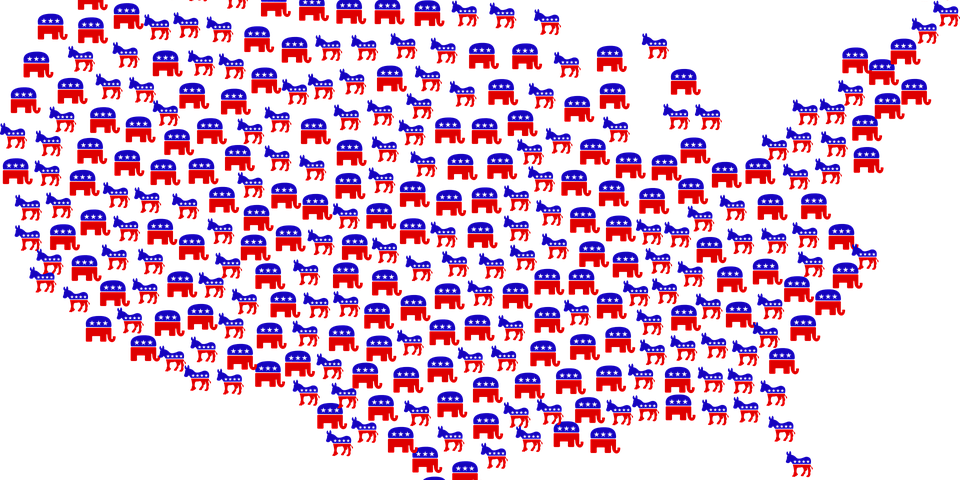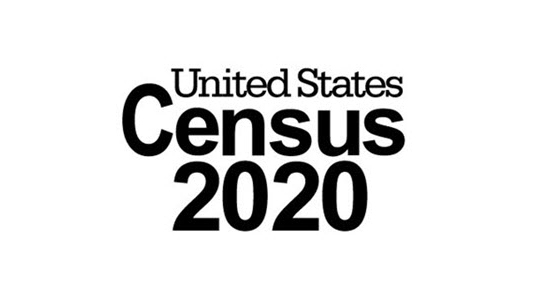Because honestly, does anyone really know every person who’s thrown their hat in the ring?
For some of us, the presidential election of 2016 feels like just yesterday, and for some, the excitement of being able to vote for the next president of the United States is rising. However, with the election over a year away at this point, there still is a lot of ground to cover for citizens and public candidates alike. Between primaries, caucuses and debates, 20+ individuals of both the Democratic and Republican parties will be whittled down to only two by this time next year. While aligning most of their views with their party’s stance on common issues, the priorities each of them choose to highlight will speak to their overall effectiveness as candidates for the presidency.
However, the daunting feeling of not knowing a single thing about any of the candidates, very much like when we all went through freshman orientation and had to learn the names of people who eventually we would never see again, the importance behind choosing who to support is not something we should discuss lightly. Each candidate is unique and even though many will fade into the folds of the good ol’ red, white and blue American flag, how we decide on the success of the final candidates’ rests on how well we understand what they choose to stand for.
For the Republican ticket, the main candidate is Donald Trump as he is the current sitting President of the United States. As incumbent, he has begun his re-election campaign with the strength of the Oval Office behind him, however recent questions about a scandal involving Ukraine has many people reevaluating their options within the Republican party. William Weld seeks a nomination in opposition to Trump as former governor of Massachusetts and holds a fair amount of Republican-Libertarian hybrid ideals which could make him appealing to more than just Republicans. A conservative talk show host and former congressman, Joe Walsh, is also running in direct opposition to Trump, claiming “We can’t take four more years.” Mark Stanford, former South Carolina congressman, is the final member of the Republican ticket for president and is primarily working towards redefining and having a conversation on what it means to be a Republican, which could speak to overall changes being made in the ideals of the party itself.
For the Democratic ticket, the field is a lot more divided, nineteen ways that is. All of the Democratic candidates are running in drastic opposition to the Trump presidency and are speaking out for change. As for the current front runners, while difficult to pin down with such a large and volatile group, Former Vice President Joe Biden, Sen. Bernie Sanders, and Sen. Elizabeth Warren are the loudest voices across the democratic tickets. These candidates already have big names established for themselves, and therefore name recognition, even at Mines where these names are met with nods and acknowledgment. These candidates’ positions are fairly in line with the Democratic party so a battle between the three of them is to be expected towards the final nominee votes. Rep. Tulsi Gabbard and Andrew Yang are also running campaigns within the democratic party with unique status as ‘outsiders’ to the party, which as we saw in 2016, can be beneficial to a candidate. Gabbard is focusing on domestic issues and ceasing US’s involvement on foreign soil with no end in sight and Yang, a successful businessman, is running on a platform focused on innovative policy proposals such as giving a $1000 a month stipend to Americans. Many of the voters who would support these candidates also filter into the frontrunners support and could pull overall support away from a selected nominee if enough discontent was expressed. Sen. Kamala Harris and Sen. Cory Booker also have thrown their names into the pool as solidly progressive democrats, however have less of a wealthy donor presence than Warren or Biden who also have a similar platform coupled with hefty amounts of donor support. Additionally, there are a significant number of other candidates running under the Democratic party, but the big names above are likely to be the ones in the upcoming debates as well as the ones to watch as the election begins to heat up.
Time and time again, we have been told equations are the only way to determine the correct outcome to a problem. As engineering students this is even more apparent; however, in the National Society of Professional Engineers Code of Ethics, one of our principal values is to “hold paramount the safety, health, and welfare of the public.” It is up to us as young voters and responsible American citizens to educate ourselves and vote according to how we believe we want this country to be shaped and progressed into the next decade. While the present variables are exceptionally malleable and fluid, now is the best time to start looking into where you want to see America in the upcoming years. We’re the ones who will have to live in the future and we better make sure we like where we end up. Remember, your vote is your voice!





'Guess Who: 2020 Presidential Election Version' has no comments
Be the first to comment this post!